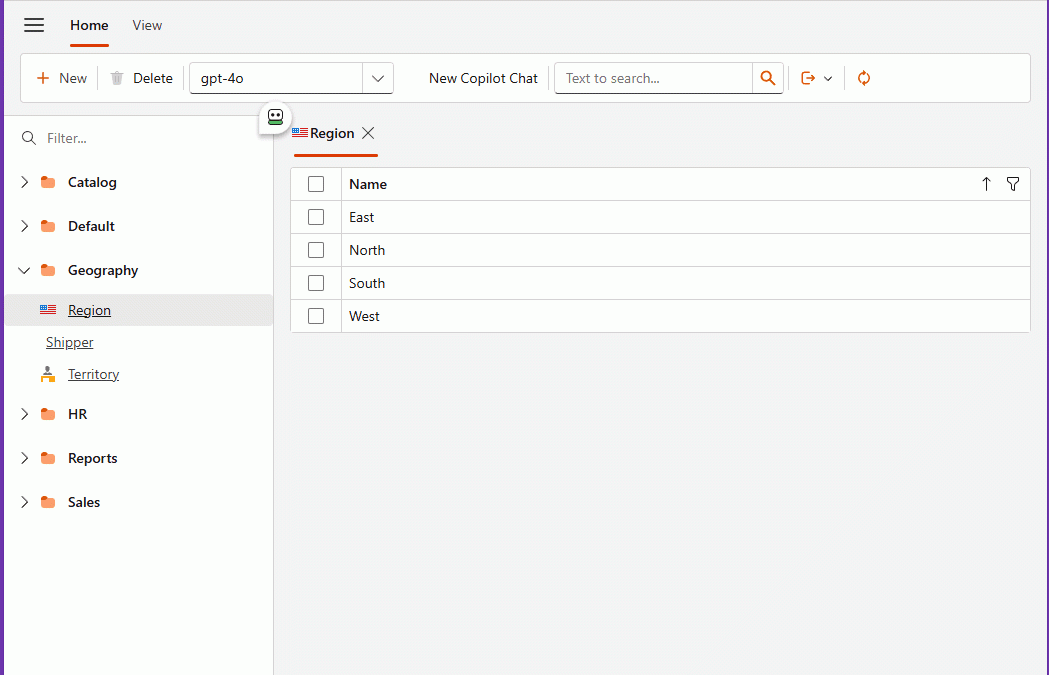
The Day I Integrated GitHub Copilot SDK Inside My XAF App (Part 2)
In this second part, I integrate the GitHub Copilot SDK directly into a DevExpress XAF application, transforming a traditional business app into an AI-powered assistant. Using real tools, EF Core data, and DevExpress AI components, the system enables natural language interaction, record creation, and insights inside both Blazor and WinForms interfaces.
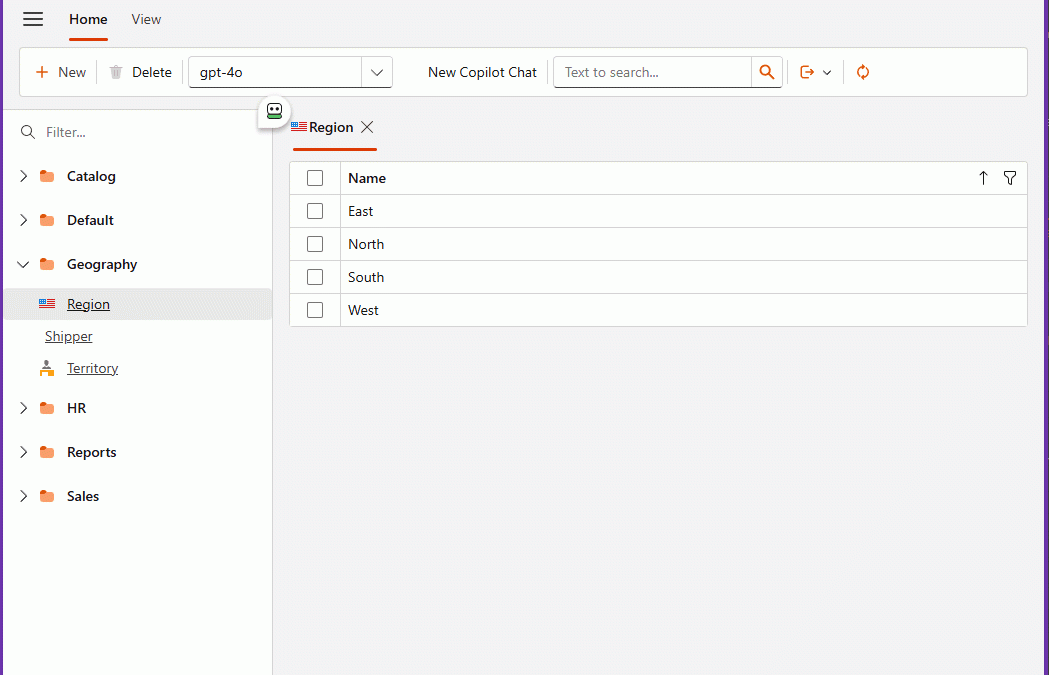
The Day I Integrated GitHub Copilot SDK Inside My XAF App (Part 1)
This week, while studying Russian every day, I noticed I kept relying on GitHub Copilot inside VS Code more than anything else. That curiosity turned into an experiment: what if Copilot lived inside my XAF apps? It worked… after a four-hour rabbit hole of model-related timeouts.
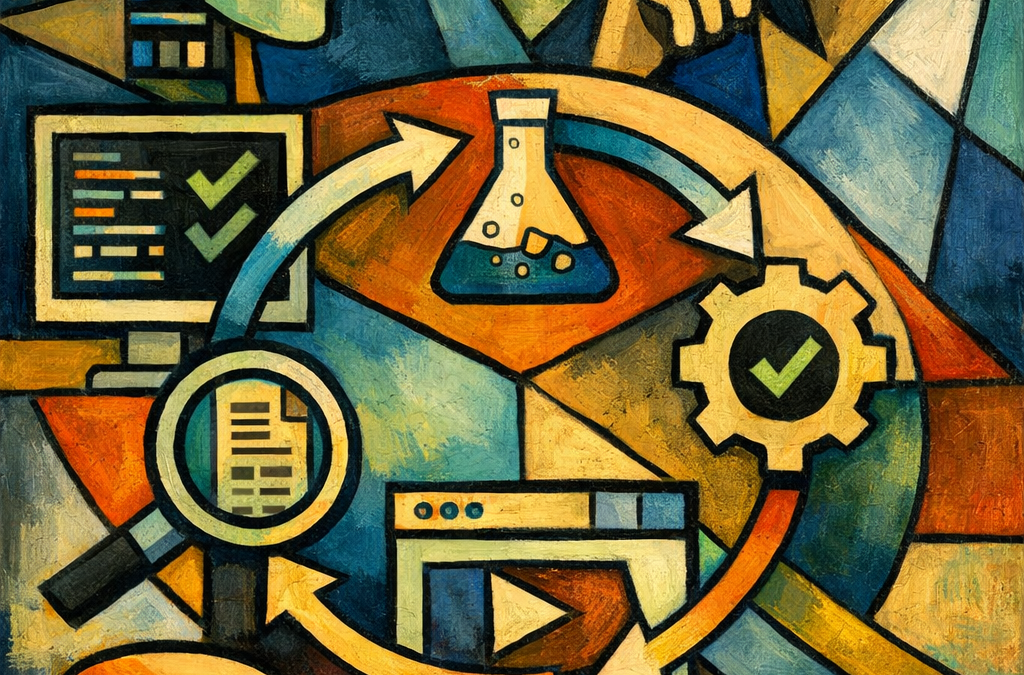
Closing the Loop with AI (part 3): Moving the Human to the End of the Pipeline
Closing the loop with AI means moving the human to the end of the pipeline. Let agents write, run, test, read logs, inspect state, and iterate without you acting as QA. With Serilog, SQLite, and Playwright, the loop becomes observable and repeatable—until you only validate outcomes, not steps.
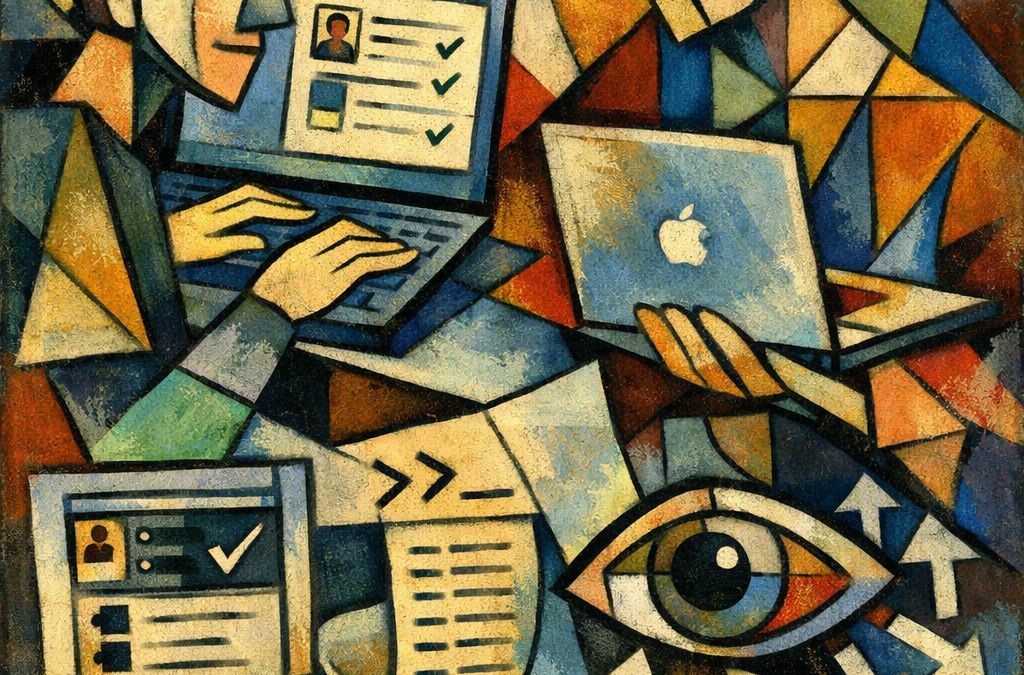
Closing the Loop (Part 2): So Far, So Good — and Yes, It’s Token Hungry
Closing the loop is working better than I expected. Copilot writes code, runs Playwright tests, reads Serilog logs, checks screenshots, fixes bugs, and retries without me babysitting it. I’m writing this on my MacBook Air while my Surface runs tests. The only downside: it’s extremely token hungry.
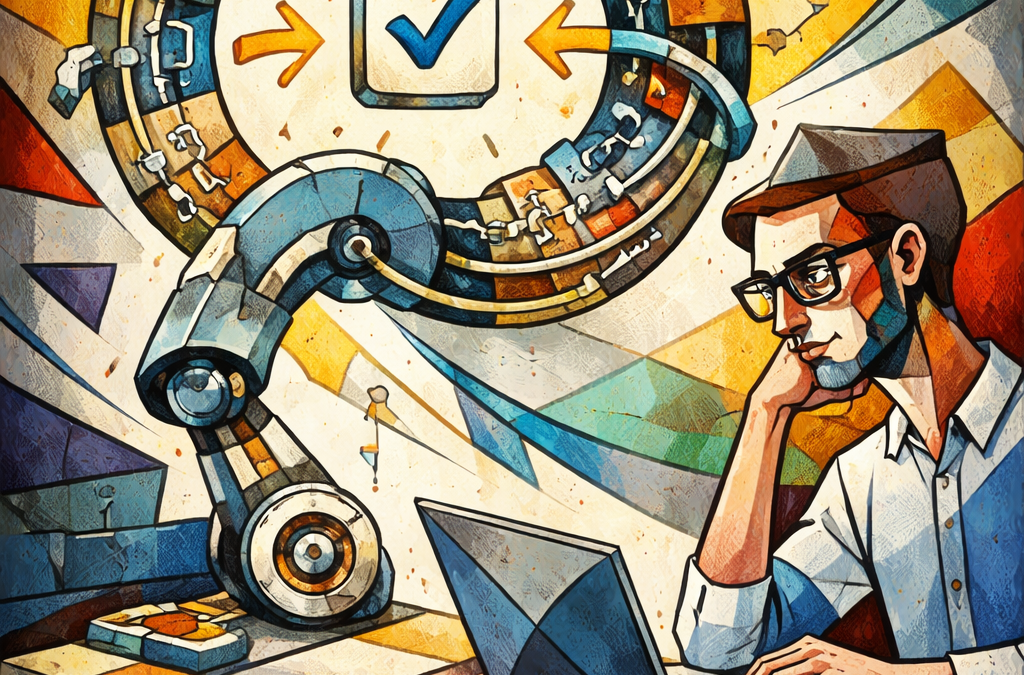
Closing the Loop: Letting AI Finish the Work
Getting sick on a ski trip led to an unexpected realization: the future of AI-assisted development isn’t just generating code faster, but closing the loop. By giving agents the ability to test, fail, and self-correct, we can move from endless prompting to true autonomous engineering — where humans define outcomes, not implementations.
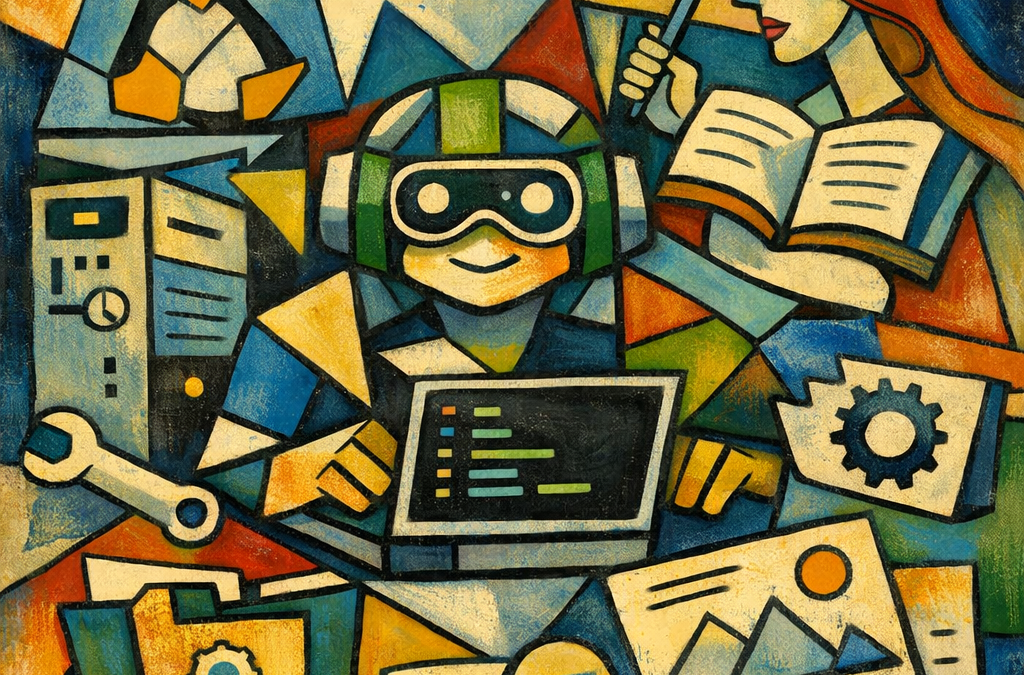
Github Copilot for the Rest of Us
GitHub Copilot isn’t just a code writer—it’s a context-aware work partner inside VS Code. With terminals, files, and Remote SSH, it helps diagnose and set up Linux servers, draft runbooks, and organize creative projects like storybooks. Treat it like a workspace companion, and the use cases multiply fast.



